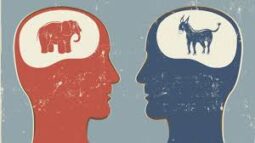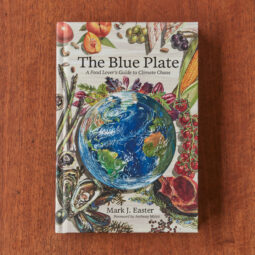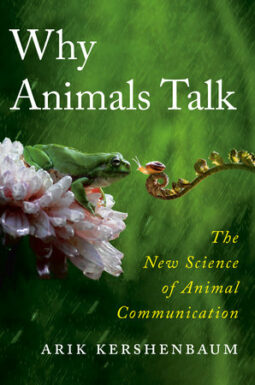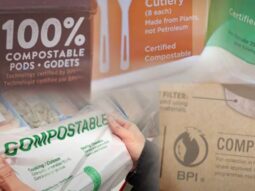
Beliefs, Perceptions, Decision-making (start time: 4:37) For many people if feels like our society, and our beliefs, have never been as polarized as they are now. Indeed, we are living in a politically polarized society. But it’s not as unique, or as extreme, as many think. In this week’s show we look behind the curtain of our beliefs and behaviors, and we discuss how emotions, far more than reason, determine our decision-making, including how we vote.
How On Earth host Susan Moran interviews Leaf Van Boven, a psychology professor at CU Boulder; and Drew Westen, a professor of psychology and psychiatry at Emory University, in Atlanta, Georgia, who is the author of The Political Brain: The Role of Emotion in Deciding the Fate of the Nation.
Hosts: Susan Moran, Joel Parker
Show Producer: Susan Moran
Engineer: Joel Parker
Executive Producer: Susan Moran
Listen to the show here:
Podcast: Play in new window | Download (Duration: 26:39 — 36.6MB)
Subscribe: RSS



 The Blue Plate in a Red-hot World (start time: 7:46) While adding cream to your morning cup of coffee, or digesting the hamburger that you grilled last night, you might not have been asking yourself, What’s the carbon footprint of these ingredients and meals? Understandable. Our guest today, ecologist
The Blue Plate in a Red-hot World (start time: 7:46) While adding cream to your morning cup of coffee, or digesting the hamburger that you grilled last night, you might not have been asking yourself, What’s the carbon footprint of these ingredients and meals? Understandable. Our guest today, ecologist  Animal Communication Science (start time: 2:57) Whether you own a dog or horse, or have listened to dolphins, wolves, chimpanzees or other wild animals, you’ve probably wondered what they’re saying when they communicate vocally – and why do they communicate the way they do? Our guest, zoologist
Animal Communication Science (start time: 2:57) Whether you own a dog or horse, or have listened to dolphins, wolves, chimpanzees or other wild animals, you’ve probably wondered what they’re saying when they communicate vocally – and why do they communicate the way they do? Our guest, zoologist 
 Making “Compostable” Products Truly Compostable (start time: 0:56) Y
Making “Compostable” Products Truly Compostable (start time: 0:56) Y
 Birds of Spring, Habitat Preservation (start time: 3:08) It’s springtime, when many of us are woken up at the crack of dawn by a chorus of chickadees or other songbirds outside. To celebrate these emblems of spring, and World Migratory Bird Day (May 18), How On Earth’s Susan Moran interviews two bird/nature experts about the state of affairs for the North America bird population , including threats to their survival, efforts to preserve their habitats, and how we humans can get outside and appreciate the natural world while helping to give birds, insects and other wildlife a leg up.
Birds of Spring, Habitat Preservation (start time: 3:08) It’s springtime, when many of us are woken up at the crack of dawn by a chorus of chickadees or other songbirds outside. To celebrate these emblems of spring, and World Migratory Bird Day (May 18), How On Earth’s Susan Moran interviews two bird/nature experts about the state of affairs for the North America bird population , including threats to their survival, efforts to preserve their habitats, and how we humans can get outside and appreciate the natural world while helping to give birds, insects and other wildlife a leg up. 


